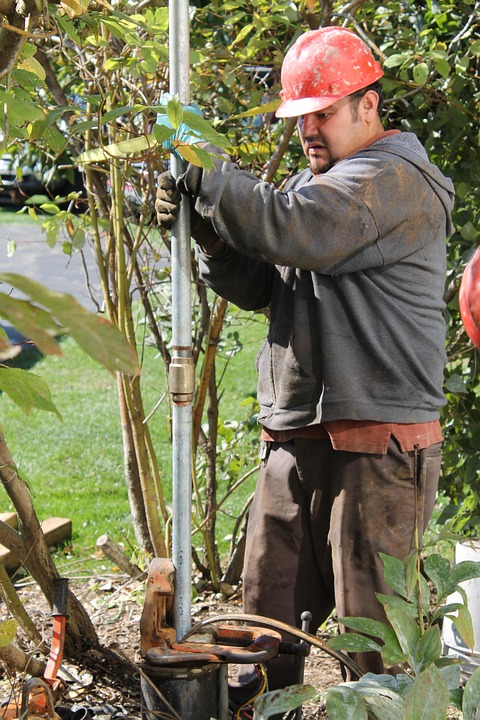Essential Interview Guide for Engineering Geologists: Tips and Insights for Success
Navigating the labyrinthine world of engineering geology interviews can be a daunting task. Yet, with the right preparation and mindset, candidates can turn what might seem like a trial by fire into an opportunity to shine. Here’s a guide replete with insightful tips and essential strategies to help you conquer your interview with aplomb.
1. Understanding the Role
Before stepping into the interview room, one must grasp the nuances of the role. Engineering geologists blend principles of geology with engineering to assess and mitigate geological hazards. Familiarise yourself with the specifics of the job description, as well as the company’s projects and ethos. Your ability to converse confidently about how your skills align with their needs will set you apart.
2. Technical Proficiency
Expect a barrage of questions designed to probe your technical knowledge. Prepare for queries that cover various aspects such as:
- Soil Mechanics: Be ready to discuss types of soil, their properties, and how they affect construction projects.
- Rock Properties: Understand the different types of rock formations and their implications for engineering practices.
- Site Investigation Techniques: Familiarise yourself with methods like borehole drilling, geophysical surveys, and sampling techniques.
Demonstrating a solid grasp of these fundamentals can bolster your credibility and show that you are well-versed in the essential tenets of engineering geology.
3. Communication Skills
While technical expertise is paramount, the ability to communicate effectively is equally vital. Engineering geologists often liaise with various stakeholders, including architects, builders, and environmental consultants. During your interview, illustrate your capacity to articulate complex geological concepts in layman’s terms. This not only showcases your knowledge but also your interpersonal skills, which are crucial in collaborative environments.
4. Problem-Solving Scenarios
Many interviews will include hypothetical scenarios or case studies. You may be presented with a geological problem and asked how you would approach it. Here’s how to tackle such questions:
- Analytical Thinking: Break down the problem methodically. Identify key issues, potential risks, and viable solutions.
- Real-World Application: Draw from your past experiences or academic projects. Explain how you’ve faced similar challenges and what the outcomes were.
- Innovative Solutions: Engineering geology often requires creative thinking. Don’t shy away from suggesting out-of-the-box solutions, provided they are grounded in sound science.
5. Questions to Ask
Interviews are a two-way street. Prepare insightful questions that reflect your enthusiasm and interest in the role. Consider asking about:
- The company’s recent projects and how they align with future goals.
- Opportunities for professional development and advancement within the organisation.
- The team dynamics and how geological challenges are typically addressed.
Such inquiries not only demonstrate your engagement but also help you gauge whether the company is the right fit for you.
Embracing the Journey
Ultimately, securing an interview is just the first step in your professional journey. Each interview is an opportunity to learn and refine your approach. Remember, preparation is key but being adaptable and resilient will serve you well in this ever-evolving field.
As you embark on this journey, keep in mind that CVPortal continues to provide a plethora of high-quality CV references, ensuring you’re always equipped for success in your career pursuits.


